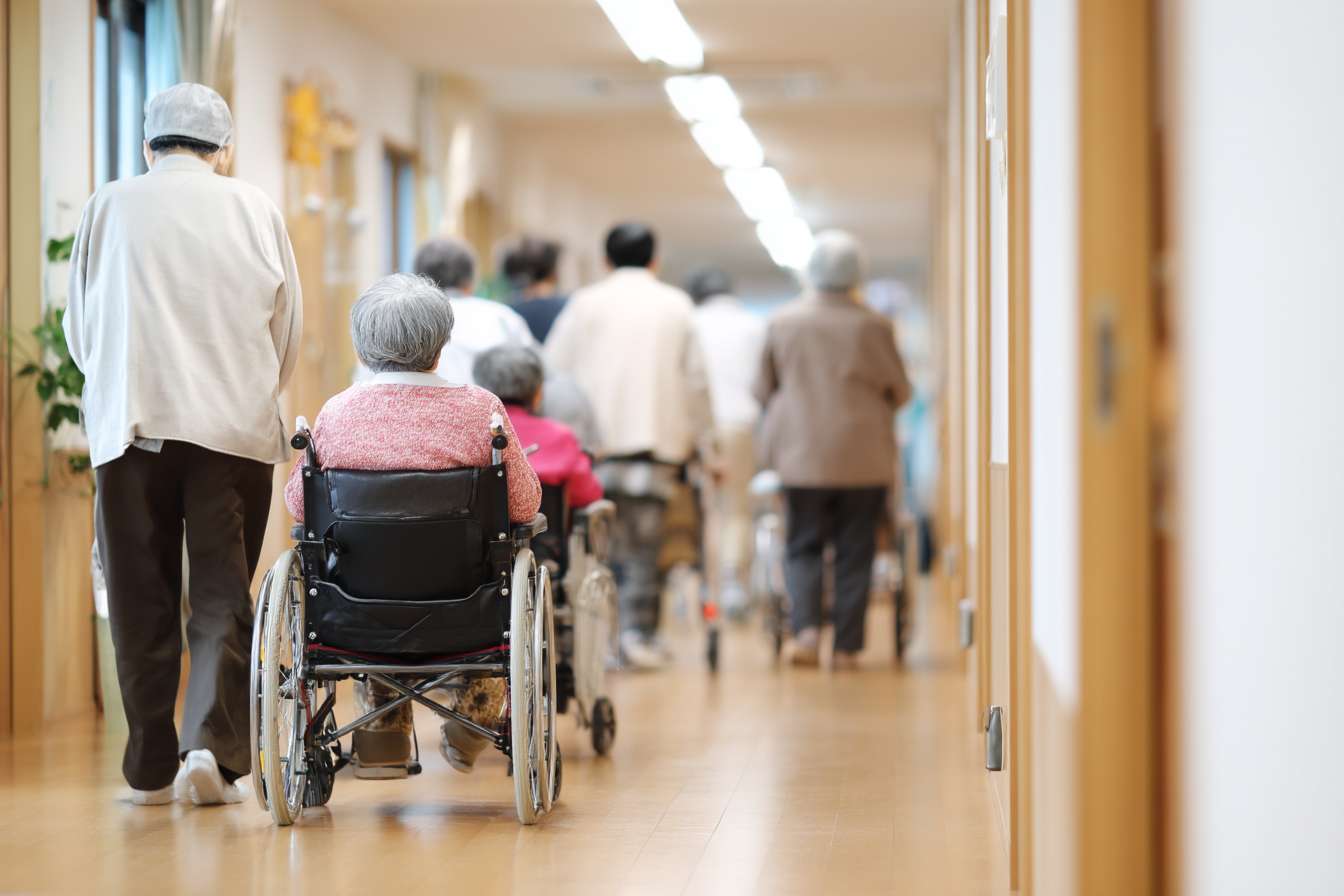Security Jobs for Seniors: Responsibilities and Opportunities in Elderly Care Security
Security personnel play a vital role in maintaining safety and order across various environments. Within this profession, specialized roles focusing on elderly care security have emerged as particularly important in our aging society. These positions combine traditional security functions with compassionate care approaches, creating unique career opportunities for those interested in both protection services and senior support. Security professionals working with elderly populations must develop specific skillsets to address the unique vulnerabilities and needs of older adults while maintaining secure environments.

Roles and Responsibilities of Security Personnel in Senior Care
Security personnel working in elderly care settings have responsibilities that extend beyond typical security duties. Their primary role includes monitoring entrances and exits to prevent unauthorized access while ensuring residents can move freely within safe boundaries. They conduct regular patrols of facilities to identify potential hazards that might particularly affect older adults, such as loose handrails or unmarked steps. Additionally, these professionals often manage emergency response protocols specifically designed for elderly populations, including evacuation procedures that accommodate mobility challenges.
Security staff in these settings must maintain detailed documentation of incidents, visitor logs, and any unusual occurrences that might affect resident safety. They typically operate sophisticated security systems including CCTV monitoring, alarm management, and electronic access controls. Perhaps most importantly, security personnel in senior care develop relationships with residents, becoming familiar with their routines and recognizing when something seems amiss – an essential aspect of maintaining both safety and quality of life for elderly residents.
Senior Guards Jobs: Qualifications and Career Paths
The security industry offers specific career tracks for those interested in working with elderly populations. To qualify for senior guards jobs, candidates typically need a valid security license, which requirements vary by jurisdiction but generally include background checks and specialized training. Many employers specifically seek candidates with first aid and CPR certification, with additional training in dementia care and elder abuse recognition becoming increasingly valuable.
Career advancement in this field often follows a progressive path from entry-level security officer to specialized senior care security positions, eventually leading to supervisory and management roles. Experienced professionals may become security coordinators for entire senior living communities or healthcare campuses. The increasing demand for elder care services has created stable employment opportunities, with the U.S. Bureau of Labor Statistics projecting continued growth in security positions across healthcare and residential care facilities.
Compensation for these specialized security roles typically reflects the additional skills required, with senior guards often earning premium wages compared to general security positions. Experience with elderly populations and specialized certifications can significantly enhance earning potential and career mobility.
Introduction to Elderly Security Work: Special Considerations
Security work in elderly care environments requires understanding the unique security challenges facing older adults. Age-related conditions like dementia or Alzheimer’s can create unpredictable behaviors and increased vulnerability, requiring security personnel to respond with patience and specialized intervention techniques. Elder abuse prevention becomes a critical component of security protocols, with staff trained to recognize signs of neglect, financial exploitation, or physical abuse.
Security professionals in these settings must balance safety measures with respect for residents’ dignity and independence. This often means employing less visible security measures that don’t create an institutional feeling while still maintaining appropriate protection. Additionally, emergency response procedures require modification for elderly populations, incorporating considerations for mobility issues, hearing impairments, and cognitive limitations during evacuations or lockdowns.
Technology solutions specifically designed for elderly security have become increasingly important, including wander management systems for memory care units, personal emergency response devices, and sophisticated access control systems that accommodate varying levels of independence. Security staff must become proficient with these specialized systems while maintaining the human connection that’s essential in elderly care environments.
Security Staffing in Different Senior Care Settings
Security requirements vary significantly across different elderly care environments, each presenting unique challenges and responsibilities. In independent living communities, security personnel focus primarily on perimeter security, visitor management, and emergency response while respecting residents’ autonomy. Assisted living facilities typically require more active monitoring, with security staff often coordinating with healthcare personnel to ensure resident safety while supporting daily care routines.
Memory care units present particularly specialized security needs, requiring staff trained in gentle redirection techniques and familiar with specialized security systems designed to prevent wandering while maintaining a homelike environment. Hospital and medical facility security for elderly patients involves additional considerations regarding patient privacy regulations, medication security, and coordination with medical staff during emergencies.
Home security services for aging-in-place seniors represent a growing sector, with security companies offering specialized monitoring, emergency response systems, and regular security checks for elderly individuals remaining in their homes. Each of these settings requires security personnel to adapt their approaches while maintaining professional standards and compassionate care.
Integration with Healthcare and Social Support Systems
Modern elderly security work increasingly involves collaboration with healthcare providers and social service agencies. Security personnel often participate in multidisciplinary care teams, contributing insights about resident behaviors, potential risks, and environmental security considerations. They frequently coordinate with healthcare staff during medical emergencies, ensuring clear access for emergency responders while maintaining facility security.
Security professionals working with elderly populations also develop relationships with adult protective services, law enforcement agencies specializing in elder fraud, and community support organizations. This collaborative approach creates more comprehensive protection for vulnerable older adults. Additionally, security staff often participate in regular training alongside healthcare personnel to ensure coordinated responses to situations like missing residents, medical emergencies, or facility evacuations.
This integrated approach recognizes that elderly security extends beyond physical protection to include emotional wellbeing, social connection, and preservation of dignity – highlighting the multifaceted nature of security work in elderly care environments.
Conclusion
Security jobs focused on elderly populations represent a specialized career path that combines traditional security functions with unique considerations for aging adults. These positions require additional skills and sensitivities beyond standard security training, creating opportunities for those interested in meaningful work that supports vulnerable populations. As our society continues to age, the demand for security professionals who understand the intersection of protection and compassionate care will likely continue to grow, offering stable career paths with opportunities for specialization and advancement.




